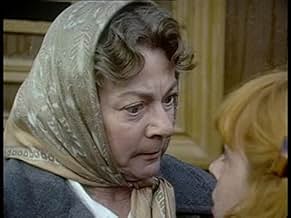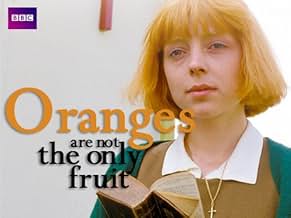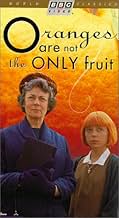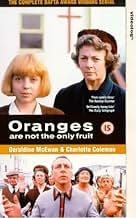Oranges Are Not the Only Fruit
- TV Mini Series
- 1989–1990
- 2h 45m
Jessica, raised in a fanatical cult, endures brainwashing until her forbidden relationship with Melanie opens her eyes. They face cruel treatment for their 'unnatural' bond, but Jessica's sp... Read allJessica, raised in a fanatical cult, endures brainwashing until her forbidden relationship with Melanie opens her eyes. They face cruel treatment for their 'unnatural' bond, but Jessica's spirit overcomes the oppressive teachings.Jessica, raised in a fanatical cult, endures brainwashing until her forbidden relationship with Melanie opens her eyes. They face cruel treatment for their 'unnatural' bond, but Jessica's spirit overcomes the oppressive teachings.































